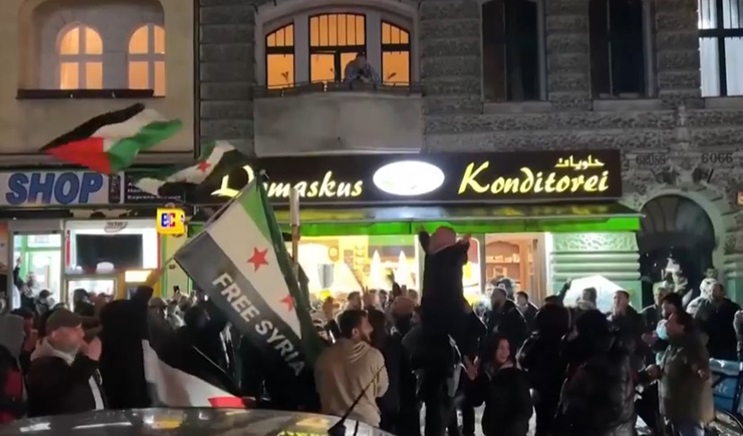Europe, once a beacon of hope for Syrian refugees, has collectively put asylum applications on hold following the shocking fall of Damascus into rebel hands and the sudden flight of President Bashar al-Assad to Russia. The move reflects a tense recalibration, with governments grappling to reassess Syria’s volatile new landscape. Austria set the tone on Monday when Interior Minister Gerhard Karner called for “orderly repatriation and deportation” plans, effectively stalling all asylum processes for Syrians. This domino effect has swept across the continent, raising questions about Europe’s commitment to international protection obligations.
The reaction is widespread, if not uniform. From Greece’s halt on 9,000 applications to Germany’s indefinite suspension of Syrian cases, the message is clear: Europe is hitting the brakes. France and Italy are crafting their suspensions, while Finland has frozen decisions for its 350 Syrian applicants. Even nations with robust refugee policies, like Sweden and the Netherlands, have opted for pauses, citing the impossibility of assessing protection needs amid the upheaval. In Denmark, rejected Syrians are given a reprieve, but not clarity, while Norway’s indecision mirrors the continent-wide paralysis.
The motivations behind these halts are not solely logistical; they are steeped in geopolitical caution. With Assad’s departure, Syria faces a power vacuum, leaving European authorities wary of sending refugees into an uncharted and potentially perilous political climate. For governments like Poland and Switzerland, the justification is the same: uncertainty breeds inaction. Yet, for refugees who have already endured years of waiting, this limbo may feel like betrayal cloaked in bureaucracy.
Critics argue these suspensions are a diplomatic smokescreen for faltering asylum commitments. Refugee advocates warn that Europe risks abandoning its humanitarian obligations, leaving vulnerable Syrians stranded in a perilous liminal space. Others see the move as a necessary pause to gather facts in a rapidly changing situation. As European nations wrestle with these decisions, the lives of thousands hang in the balance, waiting for a continent to decide whether to open its doors or close them for good.
(Source: Newsweek | France 24 | Al Jazeera)









